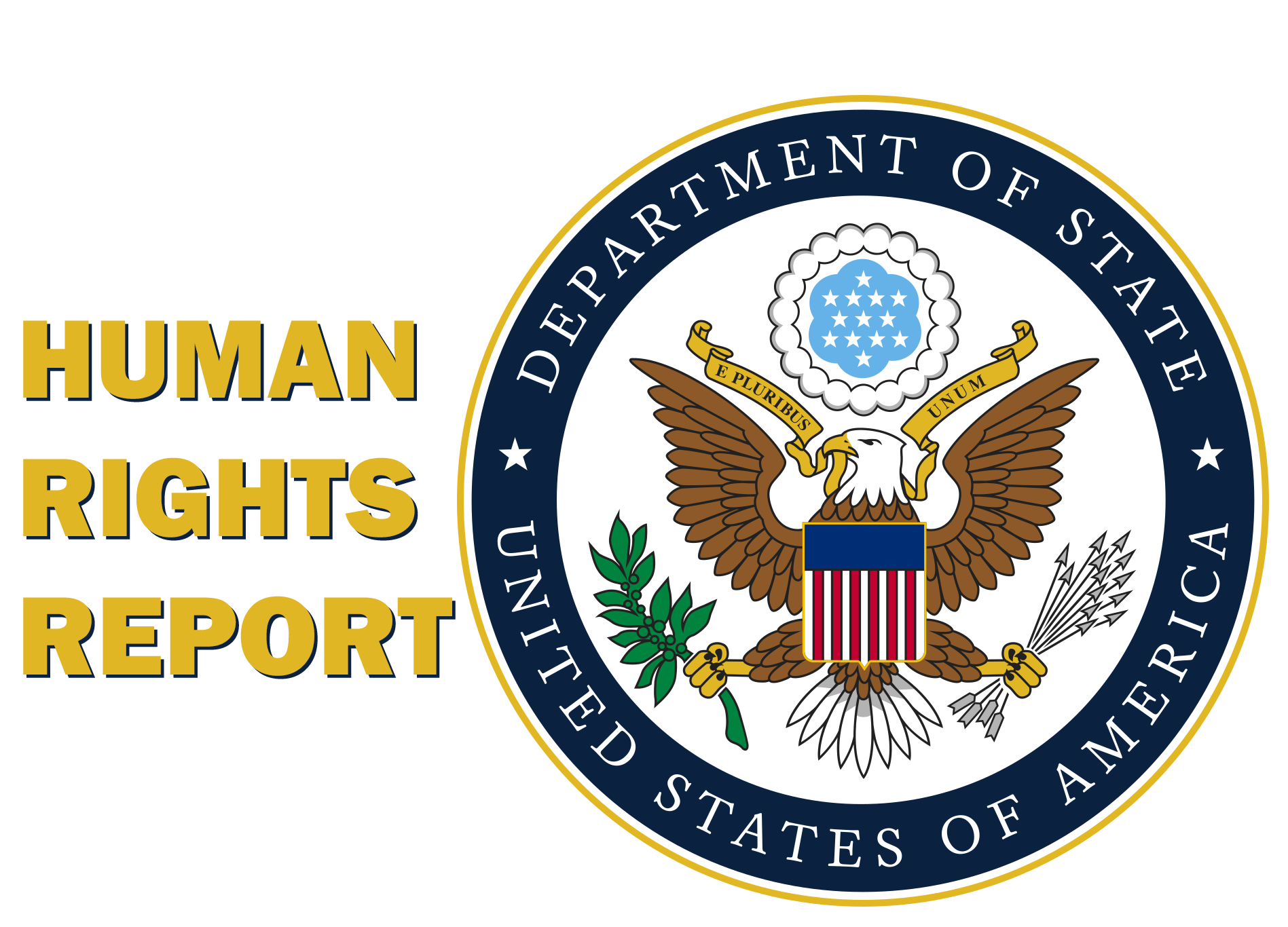Sexual harassment case publicized
Sexual harassment is not uncommon in Armenia. Despite its prevalence, victims of sexual harassment avoid reporting to law enforcement agencies to restore their violated rights. This is due to the negative attitude of society towards victims of violence and the stigma surrounding it, as well as the insensitive and non-victim-centered approach of law enforcement agencies.
On August 12th, 2020, S. reported to the police that the previous evening a man had deliberately touched her chest with his left hand in the “Miniso” shop located in the Metronome shopping center. In the explanation, she stated that in 2019 the same person intentionally touched different parts of her body on two occasions.
Since the applicant sought to contribute to the elimination of sexual harassment against women, she did not fear public criticism and publicized what had happened to her. Consequently, it turned out that the same perpetrator had stalked or intentionally touched intimate body parts of more than 20 people. The next day, the victim submitted the information provided to her by other affected people to the police department.
The Police of the Republic of Armenia refused to initiate a criminal case. The body conducting the proceedings referred to articles 142 (Obscene Acts) and 139 (Violent Acts of Sexual Nature) of the RA Criminal Code, noting that the crimes within those articles are not present in the actions taken against the victim. The decision was appealed in the order of superiority. In February 2022, The Criminal Court of Appeal ruled to satisfy the appeal and obliged the body conducting the proceedings to eliminate the violations of the rights of S. and others.
The importance of raising the issue of sexual harassment was affirmed in 2019, which marked the start of the “Voice of Violence” movement that started in Armenia when women of different ages voiced their stories under the hashtag #voice_of_violence (#բռնության_ձայնը in Armenian) while choosing to remain anonymous.
Evasion of appeals to law enforcement agencies is also linked to legislative gaps. While domestic law prohibits sexual harassment, some forms of it, such as sexual harassment and sexual misconduct against adults, are not punishable.
Thus, Article 142 of the RA Criminal Code defines responsibility for committing obscene acts. However, the analysis of the Article shows that only people under the age of 16 can be considered victims of such actions. As for people over the age of 16 who have been sexually abused, such as their private parts being touched without their consent, witnessing exhibitionist behavior (people showing them their genitals, masturbating or imitating sex in their presence), being shown pornographic videos, etc. cannot be considered victims of the given crime. Therefore, the harassment against them will not be punished by the mentioned article (moreover, there is no other article punishing the mentioned acts in the RA Criminal Code). This means that committing obscene acts against people over the age of 16 is not criminalized under domestic law.
As a result, the rights of victims of the above-mentioned types of harassment remain violated even when they apply and report to law enforcement agencies.
At the same time, it should be noted that the international agreements ratified and signed by the Republic of Armenia and the comments of international bodies on these agreements envisage responsibility for all types of sexual harassment as a mandatory condition.
It can be concluded that there is a gap in the domestic legislation of the Republic of Armenia regarding the impunity of sexual harassment, which is contrary to the international obligations of the Republic of Armenia.




